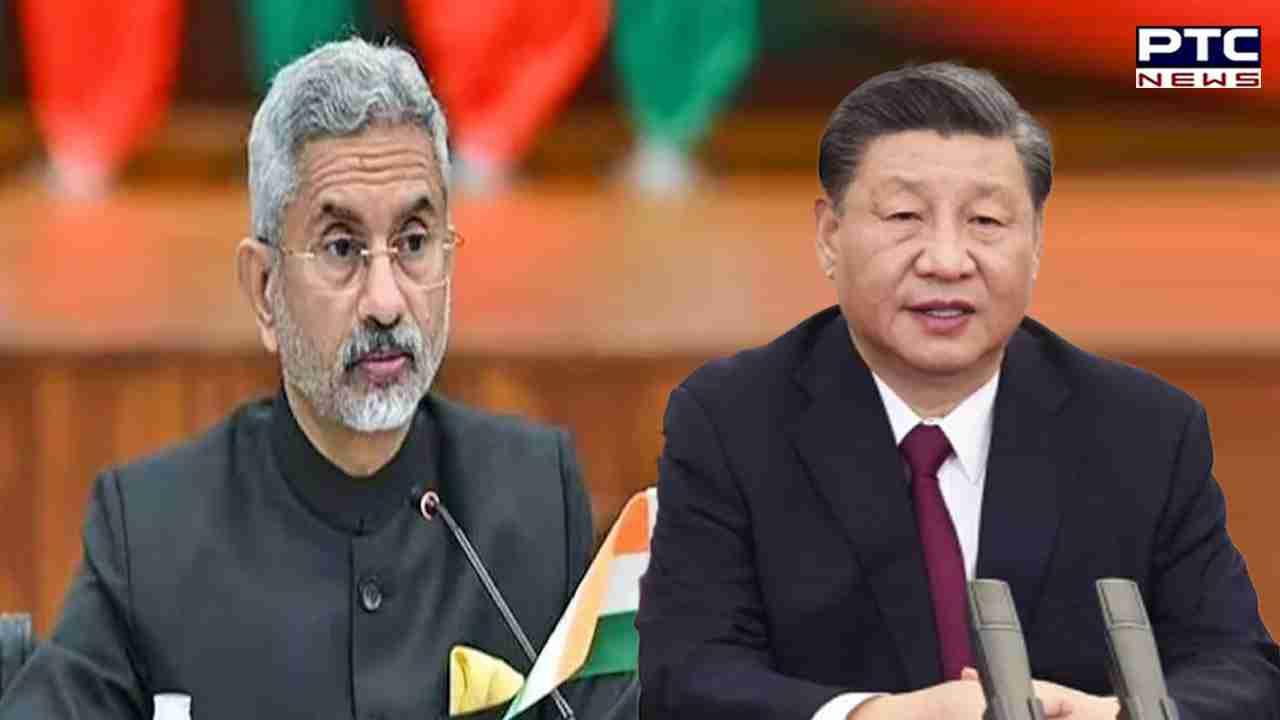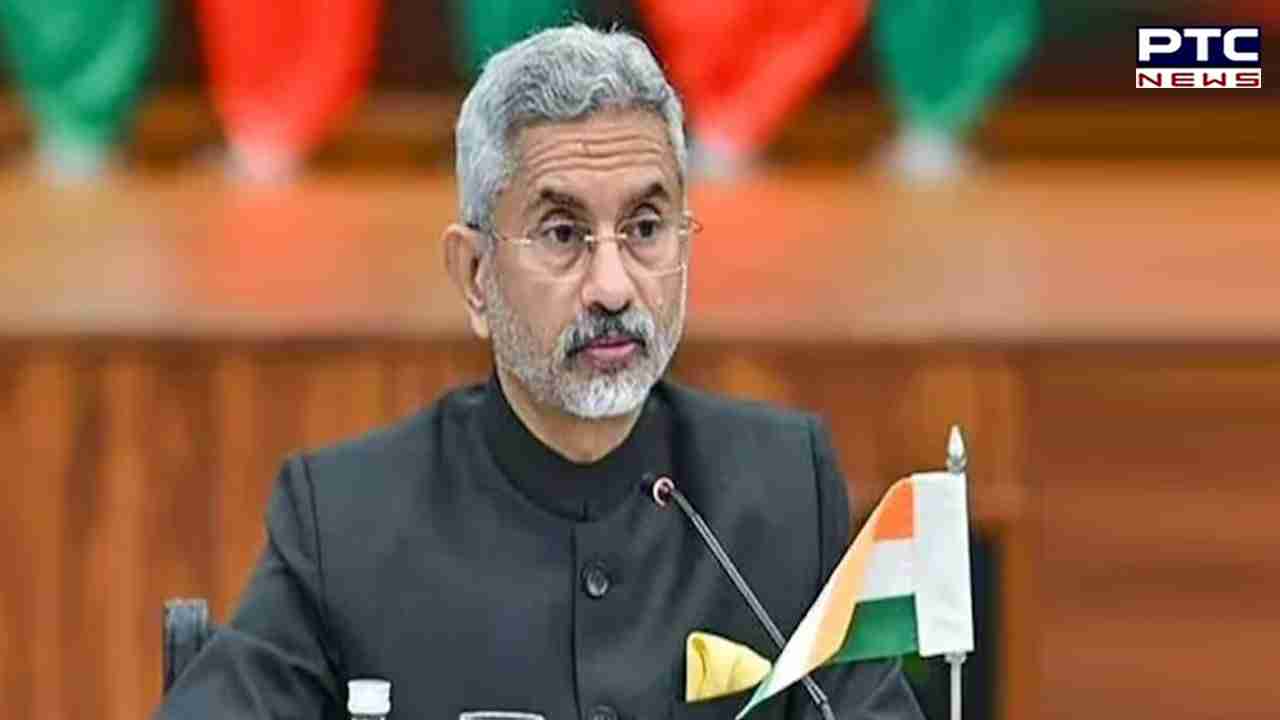

Jaishankar counters China's 'standard map' claims, says act of publishing a map doesn't alter territorial ownership
New Delhi, August 29: External Affairs Minister S Jaishankar has criticized China's long-standing practice of asserting ownership over territories that don't rightfully belong to them. In an interview with NDTV, Jaishankar dismissed China's recent "absurd claims" by releasing a new version of their "standard map," emphasizing that merely publishing a map doesn't alter facts on the ground.
Jaishankar's remarks came in response to China's unveiling of the 2023 edition of its "standard map," which portrays Arunachal Pradesh and the Aksai Chin region as part of China's territory, contrary to India's sovereign control over these areas. In his exclusive interview, the External Affairs Minister commented, "China has put out maps with territories (that are) not theirs. (It is an) old habit. Just by putting out maps with parts of India... this doesn't change anything."

"Our government is very clear about what our territories are. Making absurd claims does not make other people's territories yours," Jaishankar reaffirmed during the NDTV interview. Released on August 28, China's map asserts its control over Arunachal Pradesh, which it claims as "South Tibet," and the Aksai Chin region, occupied by China during the 1962 war. The map also lays claims to Taiwan and the contentious South China Sea.
Furthermore, the map incorporates China's controversial "nine-dash line," asserting dominance over a significant portion of the South China Sea. Countries like Vietnam, the Philippines, Malaysia, and Brunei also stake claims over various areas in the South China Sea.
The map's release occurred during China's celebration of Surveying and Mapping Publicity Day and National Mapping Awareness Publicity Week in Deqing county, Zhejiang province.
_b4ddcc275f31b281c49f554487330a0a_1280X720.webp)
Recently, Prime Minister Narendra Modi and Chinese President Xi Jinping met during the BRICS Summit in Johannesburg, South Africa. During the meeting, Prime Minister Modi highlighted India's concerns about unresolved issues along the Line of Actual Control in the Western Sector of the India-China border.
Foreign Secretary Vinay Kwatra revealed that both leaders agreed to direct officials to intensify efforts for quick disengagement and de-escalation in order to maintain peace and tranquillity along the border.
This episode is not the first time China has engaged in such tactics. In April of this year, China unilaterally "renamed" 11 Indian locations, including mountain peaks, rivers, and residential areas. Such actions have previously triggered political confrontations and drawn India's criticism.
Also Read: China's 2023 'standard map' reaffirms claims over Arunachal Pradesh and Aksai Chin
- ANI
